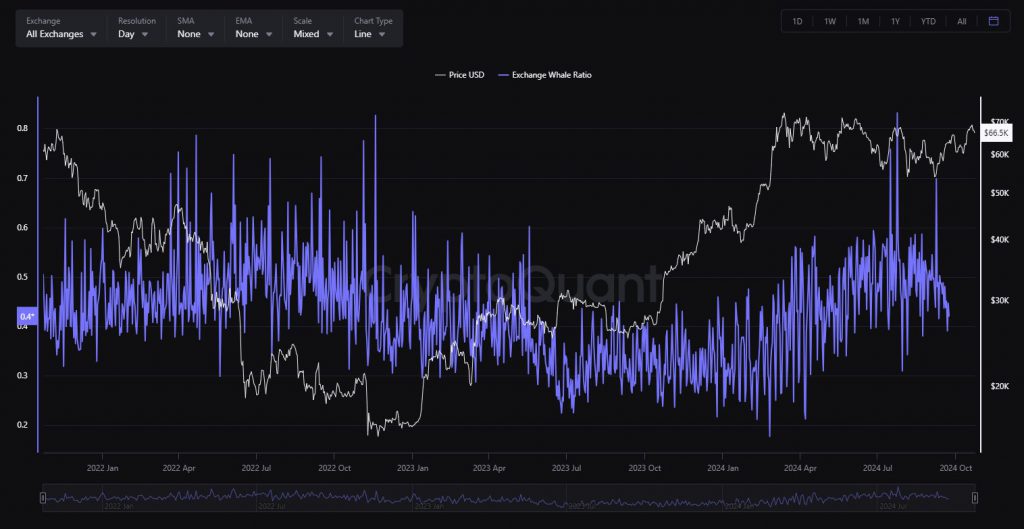Vitalik Buterin has called out Michael Saylor over his views on Bitcoin storage. Saylor wants people to keep their Bitcoin with banks instead of personal wallets. The Ethereum founder, Vitalik Buterin, rejected this idea, calling it insane. This sparked heated debates across the crypto community.
As you can see from the X post above, Saylor created this post without thinking that Buterin or somebody similar would oppose his views. Vitalik Buterin continues to oppose centralized control of Bitcoin.
Let’s explore this topic!
Also Read: Apecoin (APE) To Surge By 238%: Here’s When
Analyzing the Crypto Community’s Reaction to Saylor’s BTC Custody Proposal
Core Arguments


Buterin says Saylor wants banks to control Bitcoin. Vitalik Buterin disagrees with letting big firms like BlackRock and Fidelity handle people’s crypto. This goes against why cryptocurrencies were created – to give people control of their money without banks.
Also Read: US Dollar Fights for Survival as De-Dollarization Advances Globally
Security Experts Raise Red Flags
Casa’s security chief, Jameson Lopp, sees dangers in Saylor’s plan. Banks might not care about improving Bitcoin’s security, which could slow down important updates to keep the network safe and working well.
Market Changes
MicroStrategy owns 252,220 Bitcoins worth $9.91 billion. They started buying in August 2020. Saylor says smaller companies can’t catch up because his company is growing too fast in the crypto market.
Price Movements
Bitcoin trades at $66,923 now, and big investors keep buying more. Expert Michael Van de Poppe thinks Bitcoin could reach $300,000-$500,000. But he warns this might mean trouble for the world’s economy. Large buyers keep investing despite recent price swings.
What This Means
The fight between Buterin and Saylor shows a bigger problem in crypto. Vitalik Buterin and Saylor disagree about who should control Bitcoin – banks or users. Their argument could change how crypto works in the future. It affects both tech development and government rules.
Also Read: Top 3 Cryptocurrencies That May Hit New Peaks After US Elections





